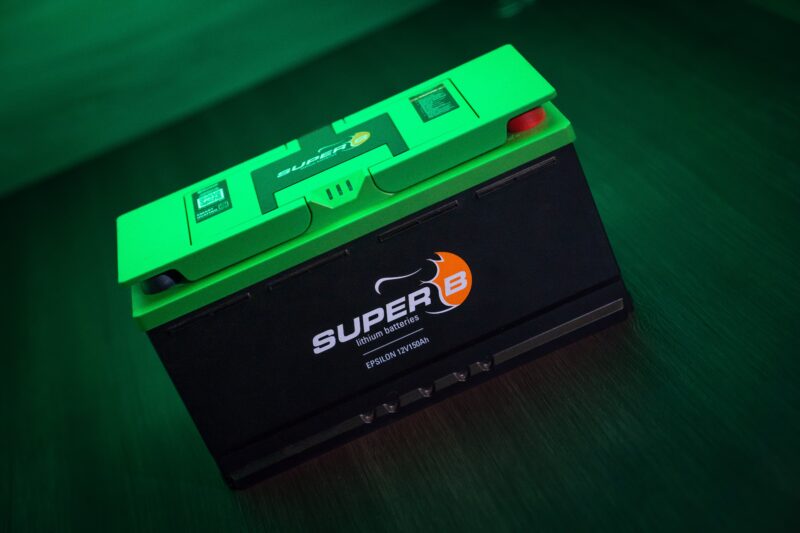In an era defined by technological advancement and a growing emphasis on sustainability, lithium batteries have surged into the spotlight. From powering electric vehicles to energizing smartphones, their impact is undeniable.
But at what cost? As consumers and businesses increasingly rely on these powerhouses, they often grapple with a fundamental question: Are lithium batteries truly worth the price? This inquiry transcends mere numbers; it invites a deeper exploration into the balance of economic investment and environmental impact. Here, we will navigate the nuanced landscape of lithium battery costs and benefits, untangling the intricacies of efficiency, lifespan, and ecological concerns.
Join us as we examine whether the price tag reflects true value or if hidden costs keep this technology from shining as brightly as it seems.
Understanding the Costs of Lithium Batteries

Understanding the costs associated with lithium batteries is essential for making informed decisions in an increasingly electrified world. On the surface, the price of lithium batteries often seems daunting, trailing closely behind other battery technologies.
Yet, when you dive deeper, the math can become more complex. It’s not solely about the initial outlay; factors such as longevity, efficiency, and performance play a significant role in the overall equation.
For instance, while lithium batteries may carry a higher price tag upfront, their longer lifespan and remarkable energy density can yield savings over time, particularly in applications like electric vehicles and renewable energy systems. Additionally, the rising demand coupled with supply chain fluctuations can impact costs unpredictably, making it crucial to assess the value proposition from multiple angles.
Ultimately, understanding these nuances reveals that the apparent cost may be just one piece in a larger puzzle, one that holds the potential for innovation and sustainability.
Benefits of Lithium Batteries

Lithium batteries offer a remarkable array of advantages that make them a compelling choice for a variety of applications. First and foremost, their high energy density means that they can store more energy in a smaller, lighter package compared to traditional batteries, making them ideal for portable devices and electric vehicles.
This efficiency translates into longer usage times and fewer trips to recharge. Moreover, lithium batteries boast an impressive lifespan, often exceeding 2,000 charge cycles, which not only reduces waste but can also offset initial costs over time.
Additionally, they exhibit faster charging times, enabling users to return to their activities without the prolonged downtime associated with older technologies. And let’s not overlook their lower self-discharge rates—lithium batteries retain their charge far better than their counterparts, providing peace of mind and reliability when needed.
With such myriad benefits, it’s clear that investing in lithium batteries can lead to significant long-term savings and enhanced performance.
Environmental Impact: A Double-Edged Sword

The environmental impact of lithium batteries presents a paradox—while they are essential for powering the renewable energy revolution and reducing greenhouse gas emissions, their production can incur significant ecological costs. Extracting lithium from the earth often involves salt flats that are home to delicate ecosystems, and the process can deplete vital water resources in already arid regions.
Furthermore, mining activities can lead to habitat destruction and increased carbon footprints, raising concerns about sustainability. Yet, as the world shifts toward greener technologies, the question remains: can we adequately balance the urgent need for clean energy storage with the environmental toll of lithium extraction? This dynamic interplay calls for innovative strategies that minimize damage while maximizing the potential benefits that lithium batteries can offer in the fight against climate change.
Conclusion
In conclusion, while the initial cost of lithium batteries may seem steep, a closer examination reveals that their long-term benefits far outweigh the purchase price. From their exceptional energy density and longevity to their reduced environmental impact compared to traditional battery technologies, lithium batteries present a compelling case for both consumers and businesses alike.
For those considering an investment, buying lithium batteries in Malta is a practical choice that aligns with modern energy demands and supports a more sustainable future. With the ongoing advancements in technology and decreasing production costs, the value of lithium batteries will only continue to grow, making them a wise investment for the eco-conscious consumer.


